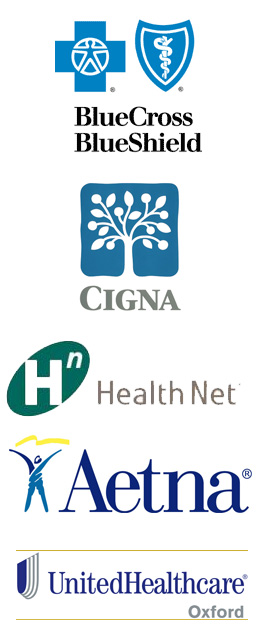What You Must Know About Alcohol Detox
The long-term consequences of alcohol abuse and the dangers it imposes in a person’s health, social functioning, and family life can create an atmosphere where the relief one finds from alcohol use becomes a primary routine of everyday life. Yes, this sounds dramatic, but, in truth, alcohol is a toxic chemical that causes a number of physiological changes and/or damages that have a cascading effect on how the person thinks, feels, and acts if it is abused.
It doesn’t take a rocket scientist to know that alcohol can cause both pleasurable and negative effects in the mind, body, and soul that can spin out of control. According to the National Institute on Alcohol Abuse and Alcoholism (NIAAA), “We do know that heavy drinking may have extensive and far–reaching effects on the brain, ranging from simple “slips” in memory to permanent and debilitating conditions that require lifetime custodial care.”
Detox is Only the Beginning
Alcohol detox is the first step of many on the road to recovery from alcohol use disorders. Many will go through multiple detox attempts before achieving any significant and long-term abstinence. Because alcohol is a legal and socially acceptable mind-altering substance, it is easily attainable and hard to distance yourself from the reminders of its use long after the alcohol toxins are cleared from the body.
Even if you manage to make it through the most uncomfortable withdrawal stages, the repeat use of alcohol has a kindling effect that makes the next detox attempt more difficult and dangerous. Relapse is a likely occurrence and for chronic or heavy alcohol abusers, a professional detox treatment is recommended for safety purposes and to give you the support, guidance, and motivational encouragement you need to engage in an effective recovery.
Alcohol Withdrawals
Alcohol is a central nervous system depressant that causes numbness and the slowing down of nerve signals and responses throughout the brain and body. Over time, the tolerance a person develops requires more alcohol to feel these effects and when the alcohol levels in the blood drop from those adapted levels, there is a resurgence of activity within neurotransmitter signaling which is often referred to as hyper-excitability. Benzodiazepine medications are sometimes, necessary to calm an individual during the acute detox phase and to prevent seizures.
During detox, these conditions can cause a variety of issues such as anxiety, insomnia, irritability, seizures, delirium tremens (dt’s), shaking, nervousness, sensitivity to light and sounds, aggressive or suicidal thoughts, and schizophrenic-like behaviors. According to the Department of Pharmacology, School of Medicine, University of California, “Repeated episodes of depression and withdrawal hyper-excitability are postulated to produce kindling during the repeated withdrawal episodes.” This contributes to the increases in negative emotional states during withdrawal as well as multiple seizure potentials and the changes that occur between each detox event.
Complications of Alcohol Detox
The physical and emotional distress of alcohol withdrawals can begin as early as a couple of hours after the last drink, but, the cravings are typically enough of an influence to obtain another drink before the full effects can set in. For instance, seizures, delirium tremens, and severe depression may not immediately begin, but, become more likely over the next 48 to 72 hours.
For a lot individuals, the consequences of their alcohol abuse becomes a clarity that can add to the detriment of the emotional roller coaster they have been on and yet, been able to suppress or keep hidden because of their alcohol abuse. Mental health is a major concern that can plague alcohol abusers, becoming exacerbated during detox and possibly more dangerous than most individuals anticipate including suicidal ideations.
Compromised health issues are powerful indicators that an alcohol detox should be attended to by knowledgeable and professional care providers. Chronic liver diseases among alcoholics along with malnutrition, poor sleep, and thiamin (vitamin b1) deficiencies, are common. According to the NIAAA, “Twenty-five chronic disease and condition codes in the International Classification of Disease (ICD)-10 are entirely attributable to alcohol, and alcohol plays a component-risk role in certain cancers, other tumors, neuropsychiatric conditions, and numerous cardiovascular and digestive diseases.” Any of these problems can deter an alcohol detox and recovery if not properly addressed.
Getting Help
Alcohol detox is not something you want to do alone, no matter how you feel about getting others involved. The extent of withdrawal symptoms, severities, and durations will vary by individual depending on their health status and alcohol consumptions patterns along with a variety of other internal, external, and contextual factors including previous detox attempts and seizure experiences. The dangers are just too unpredictable and alcohol detox under the supervision of a qualified professional is recommended.
There are many resources available to help you detox safely with treatment providers who can link you to the resources you currently need as well as those that will benefit you in the long run. Whether it’s an outpatient or inpatient rehab or mutual aid group such as Alcoholics Anonymous (AA), you can change and you can recover, but, what happens next is up to you.













